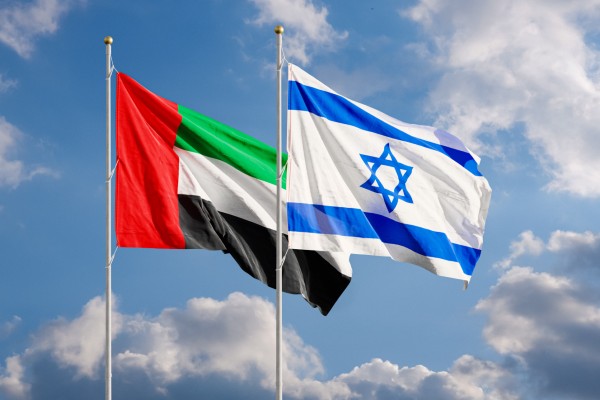UAE-controlled bases in the Socotra Archipelago reportedly use Israeli sensors to provide valuable intelligence information on Iranian threats to the region.
By Batya Jerenberg, World Israel News
Israel and the United Arab Emirates (UAE) are working together to keep an eye on Iran from an island archipelago off the coast of Yemen, the pro-Hezbollah Lebanese paper Al-Akhbar reported Monday.
The media outlet reported that the intelligence cooperation was a long-term project under the aegis of the United States that gained importance after the Iran-backed Hamas terrorist organization invaded Israel on October 7 and massacred 1,200 people, setting off the ongoing war in the Gaza Strip.
According to a Monday report in Ma’ariv, there is currently a UAE base equipped with Israeli sensors on the scarcely-inhabited Abd Al Kuri Island, one of four in the Yemeni-owned Socotra Archipelago located some 350 km off its southern coast.
In addition, the Italian Institute for International Political Studies reported last November that the only large island in the group, Socotra, which has some 50,000 inhabitants and an airport and sea port, contains a similar joint-intelligence base.
The Israeli instrumentation on site, it said, can be used to locate Iranian missiles and UAVs.
This can be of immense value to the Jewish state, as it can give early warning of an attack by the Islamic Republic similar to the one in April in which Tehran launched at Israel over 300 of these deadly projectiles in one night.
They were shot down by Israeli, American, British and Jordanian planes and defense systems, reportedly with intelligence information supplied quietly by Saudi Arabia and other Arab states.
The island group has basically been under the de facto control of the UAE since 2018, granted to it by a secessionist faction it backed in the Yemeni civil war, the Southern Transitional Council.
It lies on the edge of the Arabian Sea, near major oil and natural gas shipping routes that are used, among others, by the Gulf states and Iran.
The United Nations-backed government of Abdrabbuh Hadi declared the UAE takeover illegitimate in 2019, but Abu Dhabi has ignored all such criticism.
The Sunni Gulf country prefers to retain its hold on the strategic archipelago and work with Israel in order to gather vital intelligence on Iranian activities.





